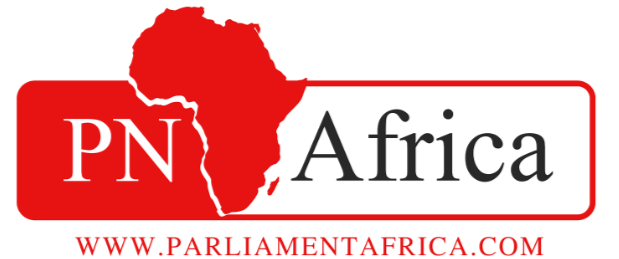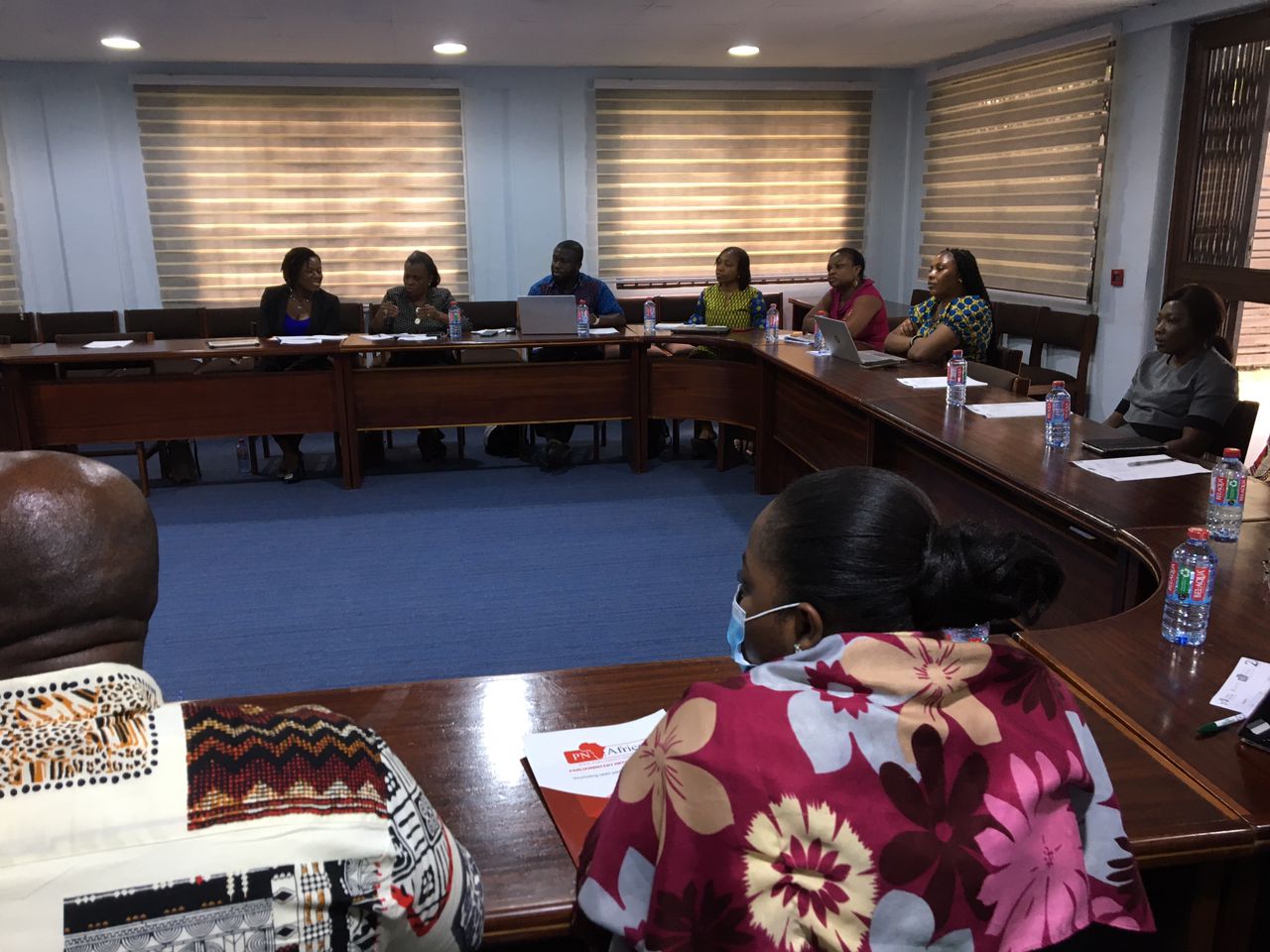The Centre for Human Rights in partnership with the Parliamentary Network Africa (PNAfrica), and the Center for Democratic Development (CDD-Ghana), has held a high-level discussion to explore high-level entry points for Civil Society Organizations into the Organs of the African Union (AU) for effective implementation of the continental developmental agenda.
In attendance at the roundtable that was held in Accra on Friday, September 8, 2023, were CSOs whose work cut across different sectors of societal life, notably the Ghana Parliamentary Monitoring Organizations Network (GPMON).
The Programmes Manager for the Center for Human Rights, Bonolo Makgale, in her welcome address, indicated that the objective of the Roundtable was to have African CSOs share their collective synergies on their respective work for the AU and/or within the confines of AU interests; have CSOs share their experiences/lack of experience with the AU entry points; Explore the role and efficacy of the AU Constitutive Act and Charter on Democracy, Elections, and Governance for CSOs; Unpack the mandate of different AU organs such as the PAP and ECOSOCC on CSOs; and Explore traditional and new avenues of participation within the AU in the interest of civil society.
It was emphasized in the discussion that although the Constitutive Act of the African Union (AU) gives civil society organizations (CSOs) a role in the development and implementation of policies related to governance, democracy, peace, and security, CSOs face significant challenges in their attempts to engage the AU effectively. Efforts made by CSOs to engage with the AU often take place within the context of resource challenges faced by the organizations.
Additionally, political sensitivity and troubled relationships between civil society and their governments can make it difficult for CSOs to engage the AU interests within their constituencies. Often, state-CSO relationships are characterized by suspicion and mistrust at a domestic level which leads to the restricted access of CSOs to key AU processes and high-level events. CSOs are often left in a position whereby they expend significant resources in order to simply meet key AU personnel, access critical information, and meaningfully contribute to agendas. There is also a need to revisit the effectiveness of ‘invited spaces’ as an entry point for CSO engagement.
Concerns were also expressed about the fact that Civic participants are excluded from setting agendas for AU summits; CSOs are not recognized as members of country delegations; and the accreditation of non-state actors is opaque and a stumbling block. Further feeding into the belief that Civil society’s lack of access to AU summits is symptomatic of a broader problem – the AU’s resistance to CSO participation in political processes.
Despite the challenges faced by civil society in engaging with the AU and its organs, there are a number of examples of CSOs whose work is characterized by AU principles and has been operating in the space.
Parliamentary Network Africa (PNAfrica)
For example, the Parliamentary Network Africa (PNAfrica) works as convener and connector of civil society parliamentary monitoring organizations and journalists towards promoting Open Parliaments across Africa. PNAfrica’s work is in direct alignment with Chapter 3 Article 3 of the Charter on Democracy, Elections, and Governance which commits itself to key democratic principles such as representation, transparency, and accountability. As it stands, PNAfrica has engaged with parliaments across West Africa in an effort to advance parliamentary openness, transparency, accountability, citizen participation, and inclusiveness in Parliaments.
Pan African Parliament (PAP) CSO Forum
The PAP is the legislative organ of the AU that has a primary mandate of ensuring the effective participation of the people of Africa in the AU decision-making processes. Therefore, a deliberative effort was made to convene a PAP CSO Forum to foster collaboration between and among CSOs on PAP-related issues. The PAP CSOs forum has become one of the most effective ways in which civil society can directly engage with the AU, through the PAP’s various committees.
Ghana Centre for Democracy and Development (CDD)
CDD-Ghana was established to mobilize global opinion and resources for democratic development and provide an independent space to reflect critically on the challenges posed to the democratization and development processes in West Africa and also to provide alternatives and best practices for the sustenance of democracy and development in the region. CDD envisions a West Africa that is democratically governed, and economically integrated – promoting human security and people-centered development.
By PNAfrica Comms






